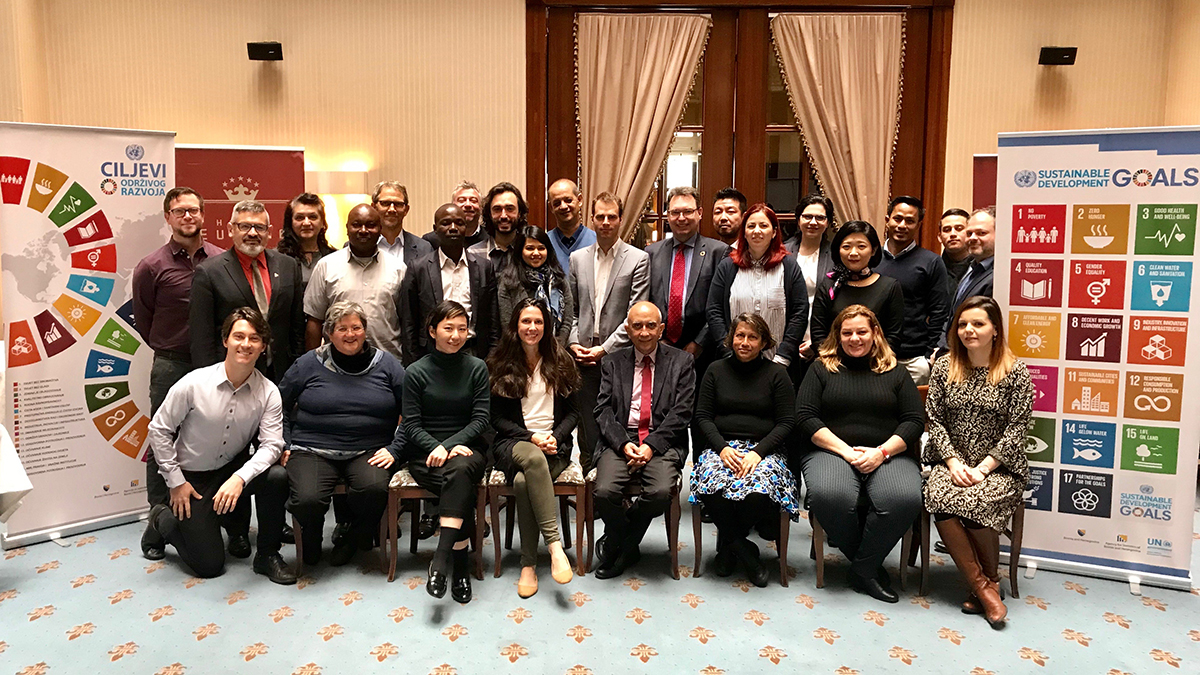Chemicals and waste in the 2030 Agenda for Sustainable Development
In Sarajevo is held a three-day meeting of the international expert group "Chemicals and Waste in the 2030 Agenda for Sustainable Development". The meeting is organized by the Agency for Statistics of BiH on behalf of Bosnia and Herzegovina and UN-Habitat.

The International Expert Group discusses the key methodological issues for the development of three SDG indicators for which methodologies need to be defined:
- (11.6.1) Proportion of urban solid waste regularly collected and with adequate final discharge out of total urban solid waste generated, by cities;
- (12.4.2) Hazardous waste generated per capita and proportion of hazardous waste treated, by type of treatment;
- (12.5.1) National recycling rate.
This project is implemented under the United Nations Environment Program “Chemicals and Waste in the 2030 Agenda - Capacity Building for Monitoring and Reviewing the Sustainable Development Goals (SDGs) in Developing Countries". Bosnia and Herzegovina is, according to the United Nations, one of the three countries in the world in which the methodology and indicators for the three stated goals of sustainable development in the field of hazardous waste, municipal waste and recycling will be defined and tested.
The expected result of this project is that Bosnia and Herzegovina creates a national Report on Chemicals and Waste Statistics, which will support the achievement of sustainable development goals (SDG), and define and test statistical methodologies of indicators to monitor their implementation.
During the implementation of the project, cooperation was established with UN-Habitat and the United Nations Statistics Division (UNSD) regarding other relevant indicators. In the implementation process, a pilot study is conducted in selected countries (Bosnia and Herzegovina, Costa Rica and Cameroon) on the development of the methodology of selected indicators. There is also cooperation with other UN organizations, such as the Secretariat for Strategic Approach to International Chemicals Management (SAICM), the Secretariat of the Basel, Rotterdam and Stockholm Conventions (BRS) and the UN Regional Offices.


